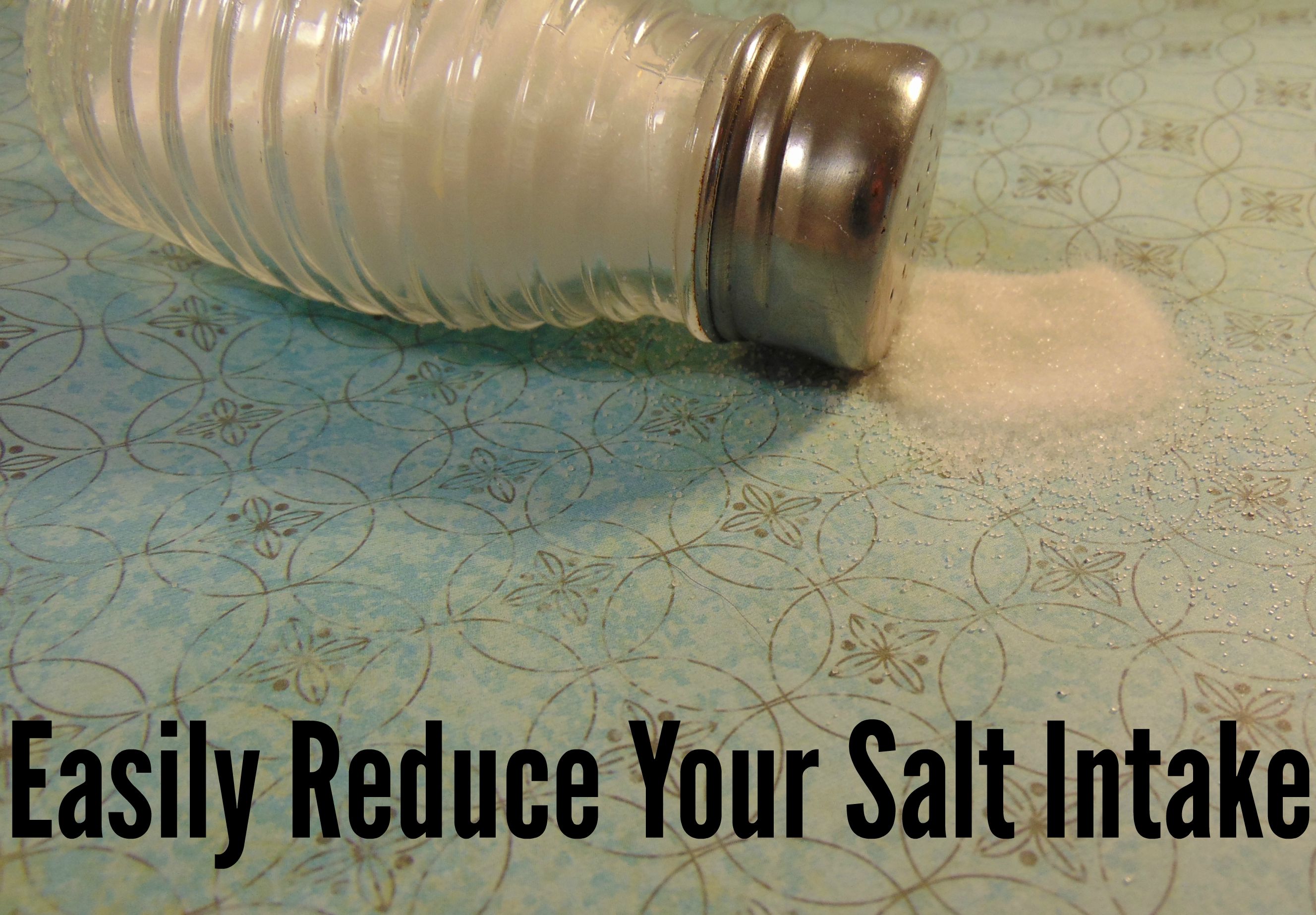People are all about great tasting food. One of the ways we season our food is by using salt, but salt is not always the best way to bring out flavours, and it is definitely not the best for our health.

Did you know that our daily recommended intake of salt is just one teaspoon? That’s about 2,500 milligrams. Think about that for a moment! Most of that salt is already added into fast foods and pre-packaged foods we eat on a daily basis. If you have ever read the nutritional info on pre-packaged foods you can easily get half of your recommended intake in one meal. Make a habit out of reading labels, you will find so much information there. If the total grams of salt is 5, add 3 zeros on to the number and you will find the sodium content in milligrams.
What is it about salt that is so bad for us? A certain amount is okay, it helps keep our muscles going and our system of nerves functioning. Too much salt can cause the body to retain water in tissue. This can mean swollen feet, hands, and face as well as tummy bloat.
What’s even more concerning is that too much salt increases your blood pressure because of the fluid retention. This means your heart has to work harder to pump blood through your body. Higher flow can lead to a stroke or heart attack if you have high cholesterol and clogged arteries.
Check out these ways to reduce your salt intake:
- Go easy on the fast food. I know, it’s easier said than done, but cutting out fast food can easily reduce your salt intake by at least 80% if you are someone that loves a fast food fix. Keep in mind that restaurants season their foods with salt before it even gets to you. Even if you can’t taste it, you have no way of knowing how much salt they already used.
- Get the salt off the table. Instead of using salt try using other spices like cilantro, cumin, curry, red pepper or oregano, my favourite!
- Cook your own foods more often. Even frozen foods contain too much sodium. For canned veggies rinse them off before eating them, use broth when cooking rice and veggies instead of using salt, gravies, or high sodium sauces.
If you are concerned about your heart health you should start by reducing your salt intake. It will help lower blood pressure and bloating and it’s a relatively simple way to increase your heart health. Just tell yourself the salt is off limits!
If you liked this post, check out these other posts on healthier diets:
- Are sugar substitutes good for you?
- 6 Steps to a Healthier You
- 7 Gadgets that make Eating Healthier Easy
- Turn Your Favorite Recipes into Healthy Recipes

These are great pointers! I have been staying away from regular table salt for the past 3 years and use sea salt instead, but your tips are so spot on, excess salt are everywhere so it is best to read labels carefully.
Absolutely! You just never know where salt is hiding!